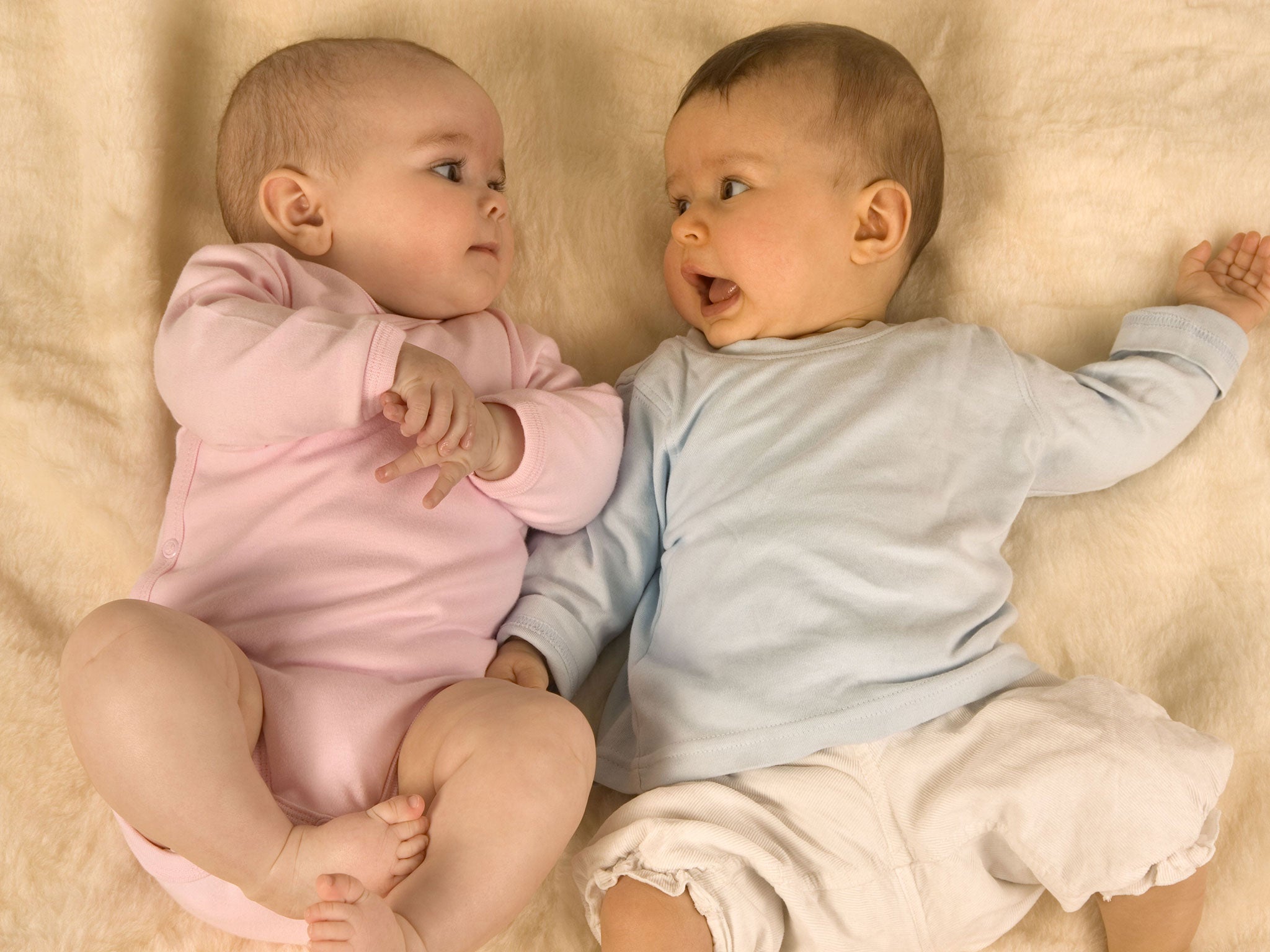Gosh, it seems female fertility declines after 30. Who knew?
I have been asked about when I plan to procreate by distant relatives, during job interviews, and by strangers on public transport

Brace yourselves, because this column is about the one thing which everyone is apparently far too scared to talk about: the female biological clock. Thankfully, a brave doctor has decided to educate young women about the unmentionable, imploring them to abandon all birth control before their sad, unfertilised eggs wither and die the moment the sun rises on their 30th birthday. But wait, you knew that already?
It’s hard to know where to begin with the myriad ways in which Professor Geeta Nargund’s advice that a woman “should start trying by the time she is 30” is headache-inducingly unhelpful. Perhaps it's the way in which that these exhortations are invariably directed at women alone, or that it is by no means ground-breaking. “Educated women are not necessarily educated about their fertility,” she writes in a letter to Nicky Morgan. But this could only possibly be the case if the educated women in question had managed to avoid all mainstream media for every second since puberty.
Most women are painfully aware that past a certain age it is harder to conceive. We couldn’t ignore it even if we wanted to. It may be incredibly rude, but it is far from a taboo to talk to women about their reproductive systems; I have been asked about when I plan to procreate by distant relatives, during job interviews, and by strangers on public transport. And for women who know they want a family, the question of "when" is like a constant background noise, forming the exhausting subtext for all significant descisions.
But the conventional wisdom that fertility 'falls off a cliff' at the same age for all women is based on some pretty shaky science, with the majority of data coming from French birth records from 1670 to 1830. Recent evidence is rather more cheerful.
According to the National Institute for Health and Care Excellence in 2013, for example, over 80 per cent of couples will conceive in the first year of trying if the woman is under 40, and of those that don’t, half will go on to do so the following year. Of course, if there are underlying health conditions to contend with then it is better to know about them sooner rather than later, but fertility is a far more subtle beast than the ticking time bomb narrative would have you believe. Yes, it does get harder to conceive as you age, but not in such a dramatic and predictable way that you need to start feeling the ‘baby panic’ the moment you enter your thirties.
In Prof Nargund’s defence, she prefaces her advice with these pretty key words: 'If a woman is ready for a child…’, and perhaps here lies the crux of the issue. Because how many woman feel ready by the time they turn 30?
The average house in the UK now costs £272,000, which makes the idea of owning a home of your own pretty laughable for anyone without a heap of family cash behind them. But renting is hardly any easier - in London the average rent eats up half of the average pay check. So with the price of raising a child estimated at £229,251, leaving aside the lifelong emotional commitment of starting a family, few people in their twenties are able to take on the financial burden even if they desperately wanted to.
But let’s assume you are rolling in cash, and in a stable relationship with someone you consider more or less decent enough to co-parent with – is either one of you happy to take a few years away from work? How about at a key time for you professionally, which may leave you permanently lagging behind your colleagues? And if not, who do you expect to look after your darling progeny while you enjoy embarking on your stellar career, and how are you going to pay them to do it? If you are in the office all day, will you miss school plays, bath times, and bedtime stories? Will you feel guilty? Will your children grow to resent you?
Rather than being educated into having children, as Prof Nargung would like, women are being educated out of it. The latest figures from the Centre for Population Change have found that that the more educated you are, the less likely you are to create your own a family. All over the world, as education rises, fertility falls. Smart, ambitious women consider what their life would look like with children, and decide that actually, they’d rather not, thanks all the same. The fact is, sometimes motherhood doesn’t seem all that appealing. It's not for everyone, and that's ok.
It absolutely makes sense that a gynaecologist who is faced with older couples desperate for a child on daily basis would caution women to go for it at the first opportunity. But arbitrary timelines can terrify women into making a decision they may not otherwise have made, at a time which is unsuitable for them.
We are more than aware of our biology, and its limitations, but we are more than it too.

Join our commenting forum
Join thought-provoking conversations, follow other Independent readers and see their replies
Comments